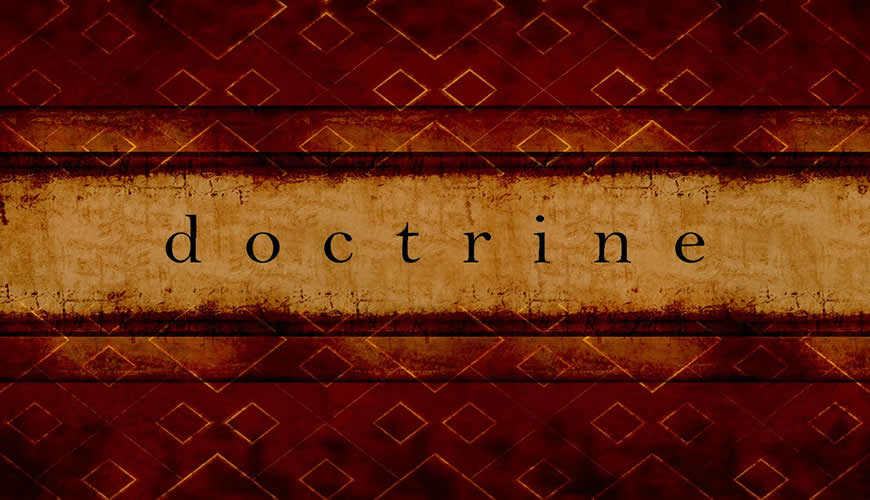“But you shall receive power.. .” – Act 1:8.
Cessationists are of the doctrinal opinion that miracles, prophecy, healing and other manifestation of power by the Believers are no longer necessary. This is because the purpose of miracles is to authenticate God’s message to His people; and since God has concluded His message with Revelations – the last Book of the Bible – there is no longer any need for Him to display His power through individuals.
That is what they say.
Unfortunately, if supernatural activities are no longer necessary in this age, the Devil never got the memo. Because, far from closing shop after the Apostolic age, the Devil and his host of demons have ramped up their activities across the world and in multiple spheres. This is even more evident in these last days, with the Devil’s time running out.”
A look at the media and political space will show a significant rise in the accommodation, justification and even glorification of Satan and all that he stands for on the one hand; and the villainization of the Bible and Christianity on the other.
Entire populations and people groups are being held firmly in the grasp of demonic ideologies, and the human race seems to be whistling its way down to Hell, its eyes firmly blinded by “the god of this world” (2Cor 4:4).
If Moses and the prophets, Jesus and the Apostles all needed supernatural displays of power to make their respective world yield to God’s message, we in this 21st century need it even more so.
Speaking of the Last Day; the Apostle John writes, “I beheld, and, lo, a great multitude, which no man could number, of all nations, and tribes, and people, and tongues, stood before the throne, and before the Lamb, clothed with white robes, and palms in their hands;” (Rev 7:9). That “multitude” is not going to come by mere apologetics and philosophical debates alone; they are going to come when they see clear evidence, that there is an omnipotent God in Heaven who loves them enough to intervene in their lives grace, with love, and with power.
AMEN
More Blessings await you today; you’ll not miss them in Jesus’ Name.
GREG ELKAN





